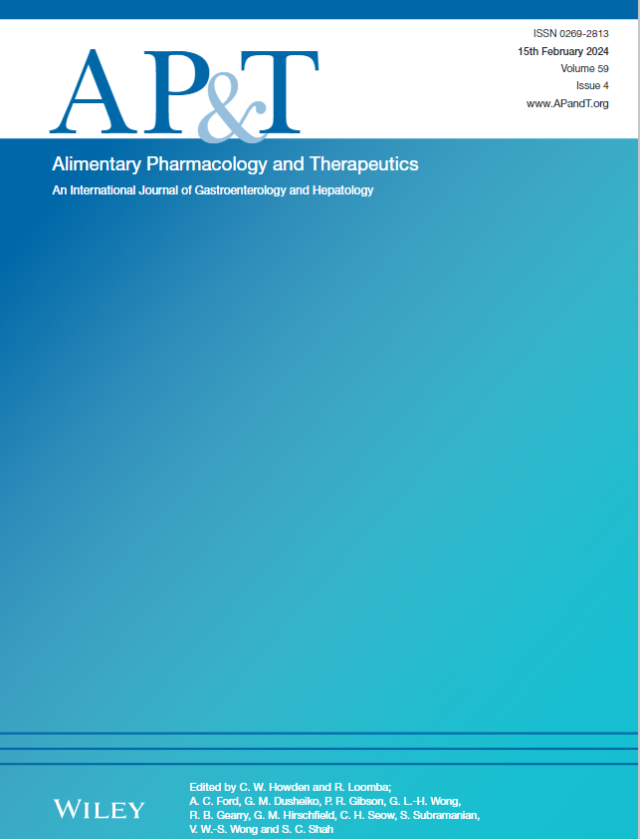Review Article: Impact of Alcohol Consumption on the Development and Progression of Metabolic Dysfunction–Associated Steatotic Liver Disease
Abstract
Background
Metabolic dysfunction–associated steatotic liver disease (MASLD) is recognised as a globally prevalent chronic liver disease, primarily driven by metabolic risk factors such as insulin resistance, obesity, dyslipidaemia and impaired glucose metabolism. Traditionally considered distinct from alcohol-related liver disease, MASLD is increasingly being re-evaluated in light of new evidence regarding the role of alcohol consumption.
Aims
To clarify the multifaceted effects of alcohol intake on the progression of MASLD. We focus on the underlying pathophysiological mechanisms, clinical implications and the challenges associated with risk stratification in affected individuals.
Methods
We conducted a narrative review of epidemiological and mechanistic studies on the interaction between alcohol intake and metabolic dysfunction in MASLD up to 30 June 2025.
Results
Accumulating evidence indicates that even moderate alcohol consumption can amplify hepatic steatosis through multiple interconnected mechanisms, including oxidative stress, disrupted lipid metabolism and gut microbiota dysbiosis. These changes trigger inflammatory cascades and accelerate the progression from simple steatosis to steatohepatitis, fibrosis and cirrhosis in individuals with underlying metabolic dysfunction. Epidemiological studies have revealed a dose-dependent relationship between alcohol intake and liver disease severity, with synergistic effects particularly evident in patients with obesity or metabolic syndrome.
Conclusions
Alcohol amplifies MASLD progression through synergistic mechanisms. Standardised evaluation of alcohol use is critical for risk stratification and the development of personalised treatment strategies.

 求助内容:
求助内容: 应助结果提醒方式:
应助结果提醒方式:


